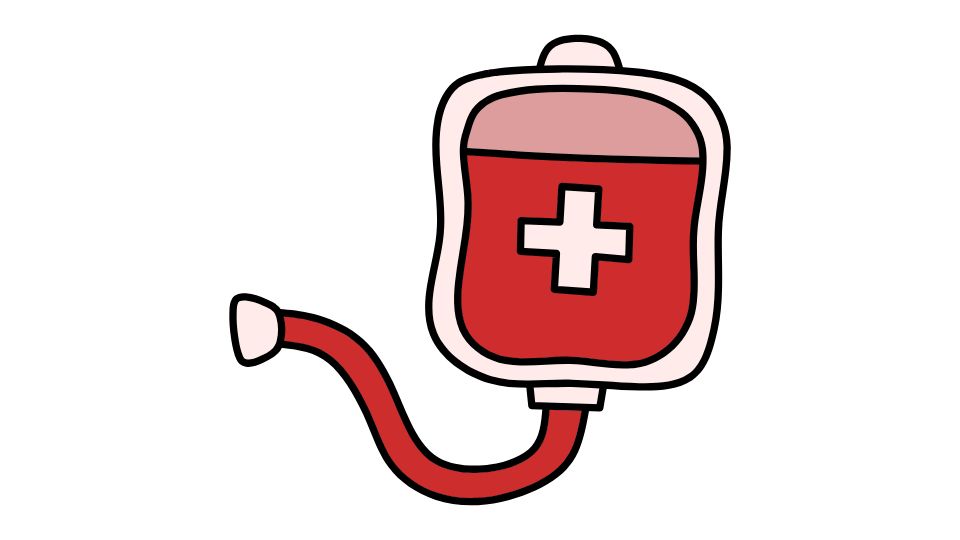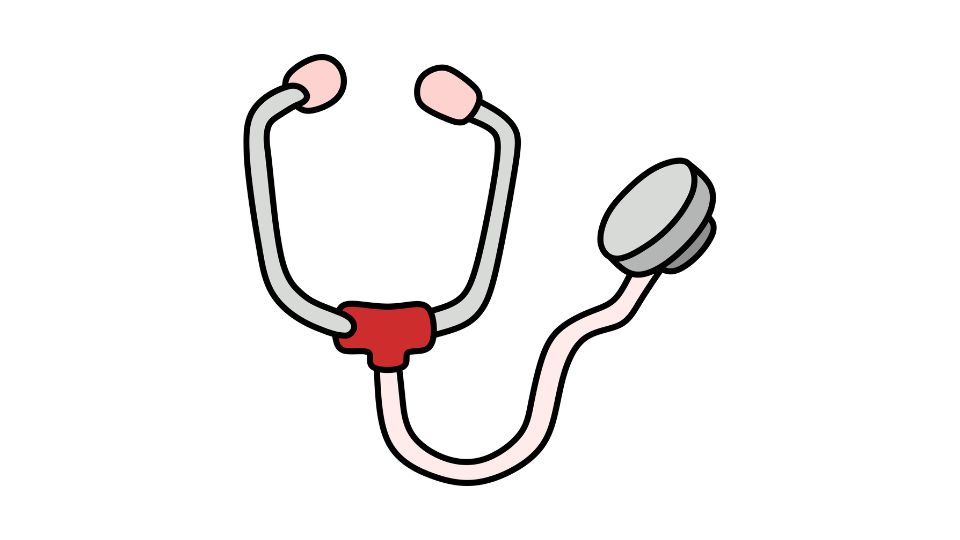Spotlight on Health Equity Conference Speakers Who Are Changing the Game

Who’s shaping the future of health equity in 2025? From digital health pioneers to anti-racism experts, this year’s conference speakers are tackling healthcare disparities with bold solutions and diverse perspectives. 🔍
Let’s dive into the voices leading the charge, the common themes emerging, and why their work matters for creating a more equitable healthcare system. 💪
The Changemakers: Top Health Equity Conference Speakers of 2025
Game-Changing Voices You Need to Know

Roxy Manning, PhD
Roxy Manning is bringing her anti-racism and non-violence expertise to the Speak Life! 2025 Health Equity Conference this April. The conference theme? “Generational Resilience: Honoring Our Ancestors, Celebrating Today, Creating Hope for Tomorrow.”
Manning’s work focuses on something crucial: how racism and discrimination directly impact health outcomes. She’s pioneering approaches that blend cultural healing with historical context to help communities overcome health disparities. 🌱
Rita Lee, MD
As the Associate Division Head of Education for General Internal Medicine at the University of Colorado and Director of the Health Equity in Action Lab, Dr. Rita Lee is a powerful advocate for LGBTQ+ health.
At the Nebraska Health Equity Conference, she’ll be spotlighting the systemic barriers LGBTQ+ folks face in healthcare. Her keynote promises practical strategies for providers to create more inclusive care environments. 🏳️🌈
Jessica Jackson, MA, PhD
Jessica Jackson from Mental Health America is bringing the digital revolution to health equity at Yale’s Digital Health Equity Conference.
As a data equity champion, Jackson is showing how technology can break down barriers to mental health care, especially for underserved communities. Her keynote will explore how digital tools can transform access when designed with equity in mind. 💻
Megan Ranney, MD, MPH
Dean of the Yale School of Public Health, Dr. Megan Ranney is everywhere this year—from the Yale conference to the Aspen Ideas Festival.
Her focus? Strengthening public health systems through strategic investments and policy reform. Ranney brings a unique blend of clinical expertise and advocacy chops to tackle structural barriers in healthcare. She’s asking the tough questions about how we rebuild our public health infrastructure with equity at the center. 🏥
Garth Graham
As Global Head of Healthcare and Public Health at YouTube and Google Health, Garth Graham is tackling the digital health information gap head-on at the Aspen Ideas Festival.
He’s exploring how platforms like YouTube can democratize access to credible health information—a critical piece of the equity puzzle in our misinformation age. 📱
Emerging Themes Across Health Equity Conferences

Beyond Medical Care: Social Factors Driving Health Gaps
Speakers across conferences are hammering home that health happens outside hospital walls. Income, education, housing, racism—these social determinants shape health outcomes more than medical care alone.
Rather than just treating symptoms, these experts are pushing for interventions that address root causes. Think housing programs with healthcare built in, or educational initiatives that improve health literacy in underserved communities. 🏘️
Community-Led Solutions Win Every Time
The days of top-down health interventions are numbered. Today’s health equity leaders emphasize culturally-tailored approaches developed with—not for—communities.
Conferences are showcasing successful models where community members shape programs from the ground up, incorporating traditional knowledge and lived experiences. This shift from “experts know best” to “communities know what works” is revolutionizing health equity work. 👥
Digital Health: Promise and Pitfalls
Tech solutions are everywhere in health equity conversations, with speakers like Jessica Jackson and Garth Graham highlighting how digital innovations can both close and widen gaps.
From telehealth expanding rural access to AI tools that might perpetuate bias, conference speakers are asking critical questions about designing technology that truly advances equity rather than reinforcing disparities. 🖥️
Policy as the Great Equalizer
Health equity can’t happen without policy change. Speakers like Dr. Ranney are emphasizing how legislative action and funding priorities shape who gets care and who doesn’t.
These discussions connect local interventions to broader systemic change, recognizing that even the best community programs hit ceilings without supportive policy environments. ⚖️
Why These Voices Matter Now
Health equity conferences bring together diverse experts—from physicians to community organizers, tech innovators to policy wonks—creating a cross-disciplinary approach to tackling healthcare’s most persistent disparities.
These speakers aren’t just talking about problems; they’re showcasing real-world solutions that work. Their evidence-based approaches provide blueprints for organizations looking to move beyond good intentions to measurable impact.
As healthcare faces critical challenges—from pandemic recovery to workforce shortages—these equity champions are ensuring that the most vulnerable don’t get left behind… again.
Putting Conference Insights Into Action

For healthcare providers, these conferences offer practical tools to integrate cultural competence into everyday practice—from language access to trauma-informed care.
Policy makers gain clarity on which investments yield the greatest equity returns, helping them craft legislation that addresses healthcare’s most persistent gaps.
Researchers discover new frameworks for measuring equity outcomes and designing studies that include historically excluded populations.
Community advocates find powerful allies and evidence to support their on-the-ground work, strengthening their case for resources and recognition.
The Bottom Line
The 2025 health equity conference circuit shows us that advancing healthcare justice requires multiple approaches working in concert—from grassroots organizing to high-tech innovation, policy reform to clinical practice changes.
Speakers like Manning, Lee, Jackson, Ranney, and Graham represent different entry points to the same goal: a healthcare system that works for everyone, regardless of race, income, gender identity, or zip code.
By bringing these diverse perspectives together, these conferences aren’t just events—they’re incubators for the next generation of health equity solutions. And in a healthcare landscape still marked by profound disparities, that collaborative energy couldn’t be more essential. 💡
